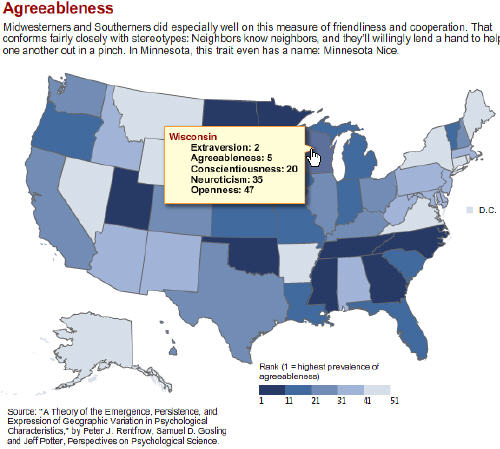This morning I spoke to the annual conference of the Wisconsin Innkeepers Association in Madison, about social networks and the hospitality business. There was a lot to cover, but rating sites figured prominently. A key question: How much do they matter in purchase behavior? My sources say quite a bit.
According to research done by MarketingSherpa and Prospectiv (Online Shopping and Email Relationships, January 2007), “the majority of consumers we surveyed prefer sites with peer-written product reviews: 58% [nearly three out of five] ‘strongly’ or ‘somewhat’ prefer sites that include reviews, while only 14% don’t trust them.”
Here is one example that the MarketingSherpa post cited:
After PETCO added reviews online…
- Top-rated products were converting at a 49% higher clip
- Shoppers using the ratings section of the site for navigation spent 63% more than shoppers using other navigation column hotlinks
- Shoppers who read reviews and shopped via ratings navigational hotlinks had an average order size 40% higher than the average shopper.
Few hotels use peer reviews right on their sites, but certainly everyone has seen the reviews on Expedia and Travelocity, as well as the many social rates sites such as TripAdvisor.
Transcript
Below is a very loose transcript of my talk from this morning supporting this assertion, with hyperlinked references.
That’s a lot of exposure to praise — and criticism — for your hotel. What’s more, even those who don’t overtly go to these sites may stumble upon them thanks to search engines. As I mentioned in this blog before, even Baby Boomers aren’t immune to the influence of user generated content.
There was a time when a hotel site could be an island unto itself. Now it is swept into consumer conversations regardless of an owner’s willingness to participate. The Web 2.0 world is nothing if not inextricably networked. What’s more, this access is becoming increasingly mobile. A new generation is accessing their wired world on their cell phones. What will it mean when even the most spontaneous booking decisions can be influenced by the opinions of others who are equally connected?
A good example is Yelp.com. I had a very positive experience staying at the new Iron Horse Hotel in Milwaukee. Afterward I wanted to share my praise. My first choice was to post on TripAdvisor. But there were already many rave reviews there. Yelp, however, hadn’t recorded a single opinion. My post was the first. It could also be more influential than all of the TripAdvisor raves, because of Yelp’s rebust mobile experience.
Social networks are a force that cannot be ignored. Behind this force is a compelling human need for community. As I discussed in June, my self-proclaimed Online Community Month, the erosion of face-to-face networks described in Bowling Alone has created a vacuum. It’s one being filled by digital communities — for better or worse.
Regardless of their utility in building cohesive social units, their power to make or break businesses is undeniable.
The newest (in relative terms) addition to online community-builders is Twitter. As I’ve noted, Twitter sends flotsam and jetsam our way — and we marketers should take notice.
Travel businesses such as Carnival Cruises are using Twitter to support their brand. So far, they are using it to promote their travel specials, and the occasional contests (such as breaking the record for the world’s largest beach ball), to the few hundred Twitter users who have chosen to follow. However, they are in turn following many news organizations and sites, and are likely using direct messaging and search engine traction to get their messages out well beyond the walls of Twitter. Here’s a typical message of Carnival Cruises on Twitter, shown in the context of my own Twitter feed.
The take-away: Get active in social media. Nearly ten years ago, a book came out called The Cluetrain Manifesto. Its key argument was that online marketing wasn’t about traditional, broadcasted, “interuptive” advertising. It was about conversations. The last decade has shown how prophetic these words were.
If you are ready to become more involved, as a Wisconsin “innkeeper” (or any business person responsible for a brand), start by getting involved in social sites such as Twitter and Facebook — as a way to get your feet wet.
Also, do some reading. You can’t go wrong with the book Groundswell by Charlene Li and Josh Bernoff of Forrester Research.
Don’t be afraid. And have fun.
